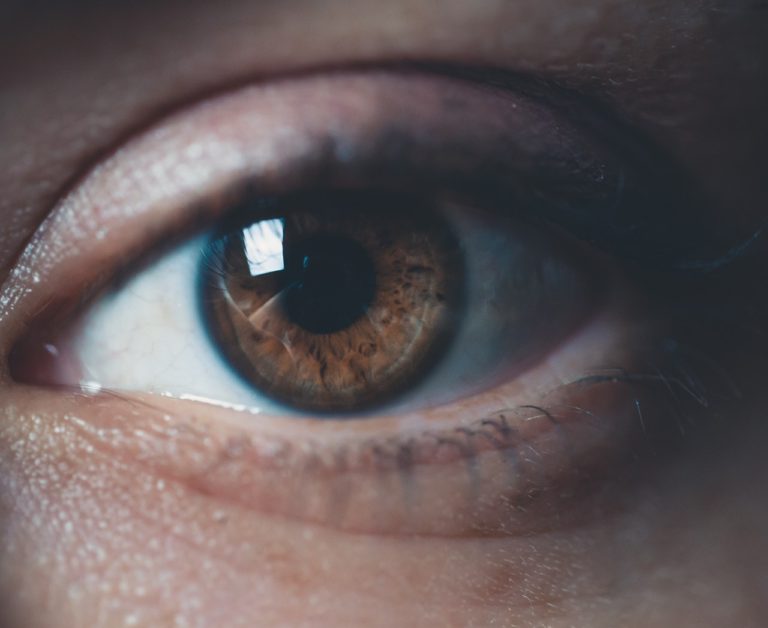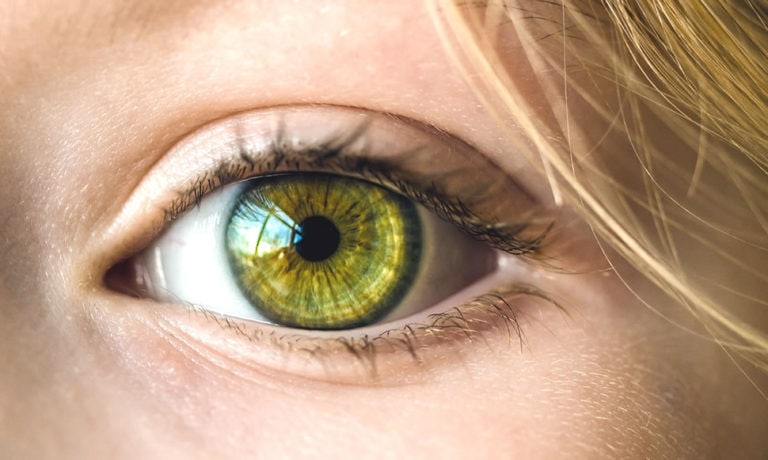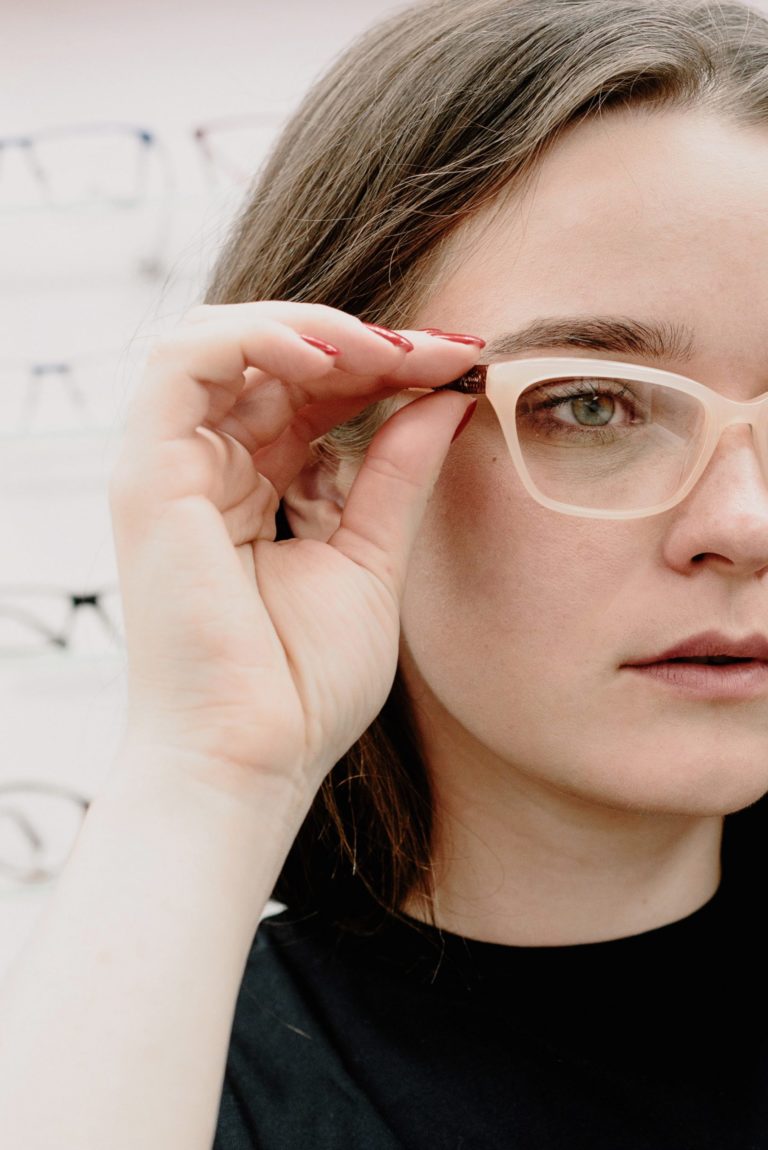Shedding Light On Blindness And Visual Impairment
During World Sight Day this past October, it was important to shed light on the categories of blindness and visual impairment and the possible causes and treatments, and it’s still as important as ever.
Gary Rodney, a Smart Vision Behavioural Optometrist at Eyes InDesign Mosman, believes it is important for people to understand blindness and visual impairment. “There is a large population of blind or visually impaired people in the world. The severity of their blindness or impairment varies, depending on the causes,” says Rodney.
People who are blind or are visually impaired sometimes struggle to live an independent life as there is often a lack of opportunities and resources available to them, especially in less developed countries. “There needs to be a shift in the understanding of the causes of blindness and visual impairment and ways to treat symptoms and support the visually impaired,” adds Rodney.
Common types of visual impairment include; a loss of Central Vision, Blurred Vision, Generalised Haze, Extreme Light Sensitivity, and Night Blindness. A loss of central vision creates a blind spot in the middle of the eye and only peripheral (side) vision remains intact. This makes it difficult to read, recognise faces and to distinguish most details in the distance. Blurred vision causes both near and far objects to be out of focus. Generalised haze causes a constant sensation of a film or glare that can cover the entire vision field. Extreme light sensitivity occurs when normal levels of light become overwhelming for the visual system, leading to washed out images, and in some cases a certain level of pain or discomfort. Night blindness results in the inability to see in the moonlight or dimly lit spaces.
Causes of blindness and visual impairment include; uncorrected refractive errors, cataracts, age-related macular degeneration, glaucoma, diabetic retinopathy, corneal opacity, and trachoma. “It is important to ensure that you have regular eye checks, including a comprehensive dilated eye examination, to avoid issues becoming worse,” says Rodney. There are ways to protect eyes and prevent or manage vision loss. Try and keep blood sugars at a healthy level, maintain a healthy lifestyle by eating well and regularly exercising, and wear protective eyewear, whether at work or in the sun. Also, keep abreast of family eye health history. This will help to determine if there are any eye diseases that could be hereditary.
With any eye condition, it is important to seek out a premium eye care solution with a Smart Vision Optometrist. The earlier a condition can be addressed, the better the outcome. A Smart Vision Optometrist can address symptoms with a tailored wellness treatment program.
Smart Vision Optometry clinics are located in multiple suburbs in Sydney. For any concerns about your visual health, book a Smart Vision Comprehensive Vision Skills Assessment or Advanced Eye Health Test for any child or adult by calling the Mosman clinic (02) 9969 1600 or the Bondi clinic (02) 9365 5047, book an appointment online.







